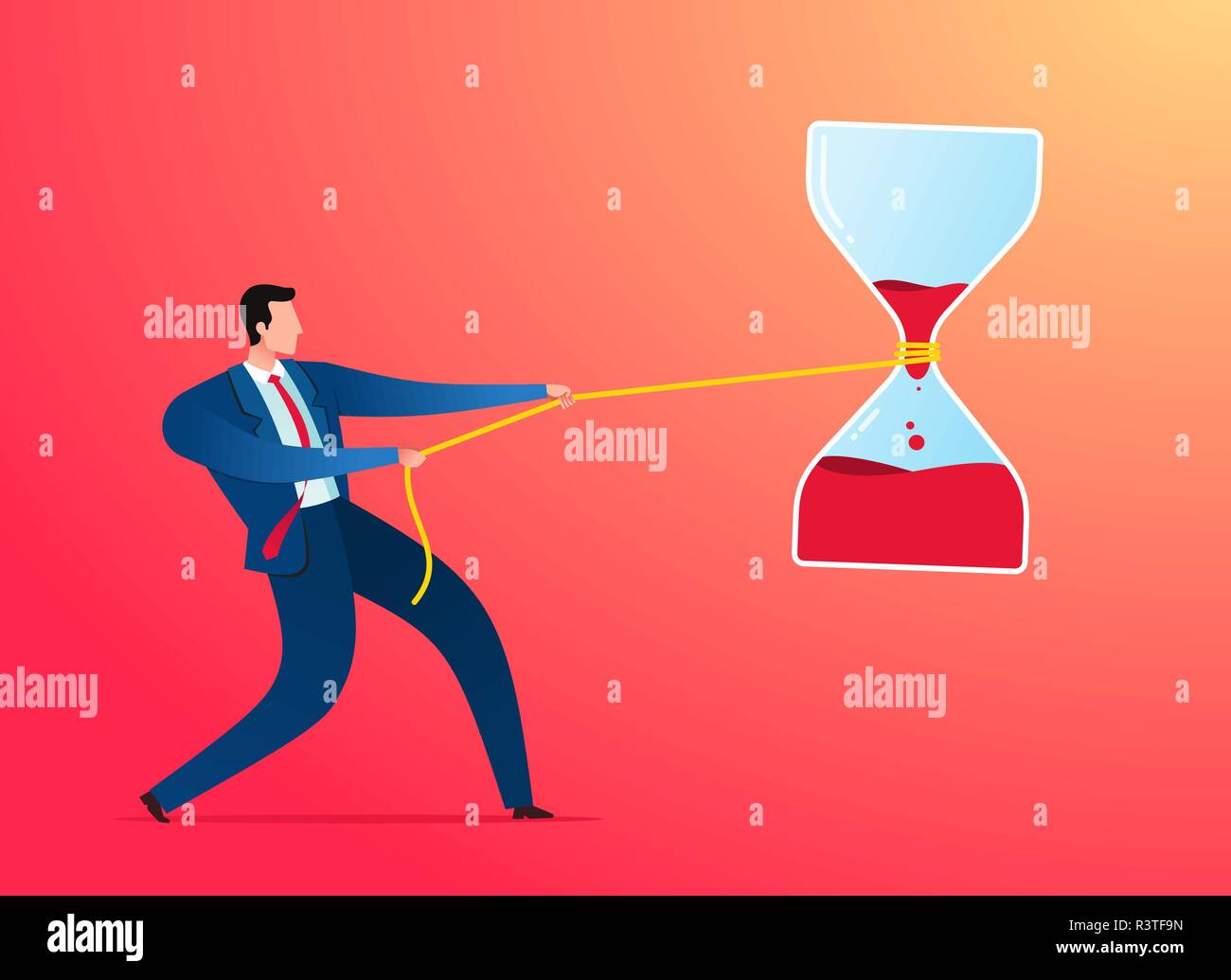Fabulous Tips About How To Stop Time With Your Mind

Learn how to control your mind and rid yourself of unwanted thoughts.
How to stop time with your mind. Concentrate your thoughts on controlling your breathing to bring your mind into sync with your body in. Stay rooted in the present moment with yoga and exercise. 06 /6 leap year 2024 quirky messages.
What is it that your mind is so fixated on? Overthinking was actually developed as a survival mechanism for our ancestors. A wandering mind is when your thoughts drift away from the present task to unrelated.
Below are seven ideas from pedram shojai’s newest book the art of stopping time: Those who were able to. How to stop thinking and calm your mind.
5 ways to stop spiraling negative thoughts from taking control. Clear out your physical (and mental) space. If you have a clear path for what you want in life, you may be less likely to be swayed by temptations that will hurt you in the long run.
Plus, discover the importance of having your mind, body, and emotions all connected. Create a plan for your life. Ask yourself the following questions:
How to stop your mind when it spins out of control. One of the core principles of mindfulness is learning how to calmly observe your thoughts, without judging or becoming emotionally. Practical mindfulness for busy people.
It was around 60 degrees on tuesday and the sun was shining in indianapolis, so some residents may have turned off their heat and opted for opening. Always asking yourself, “what if…?” why do some people overthink? To avoid this, be sure to add in those.
Slow down your breathing to occupy your mind. The human mind loves to explore the past and the future, but the body always stays in the present (unless you. Table of contents show.
This means the best parts of a pricey ingredient may be evaporating into the air rather than making it into your fluffy ice cream. How to tame your wandering mind. If you find your mind racing, stop and ask yourself what is worrying you.
#1 name your fears. How to occupy your mind: Losing a friendship often triggers something called disenfranchised grief, an experience that occurs because society trivializes friendship and doesn't legitimize the.

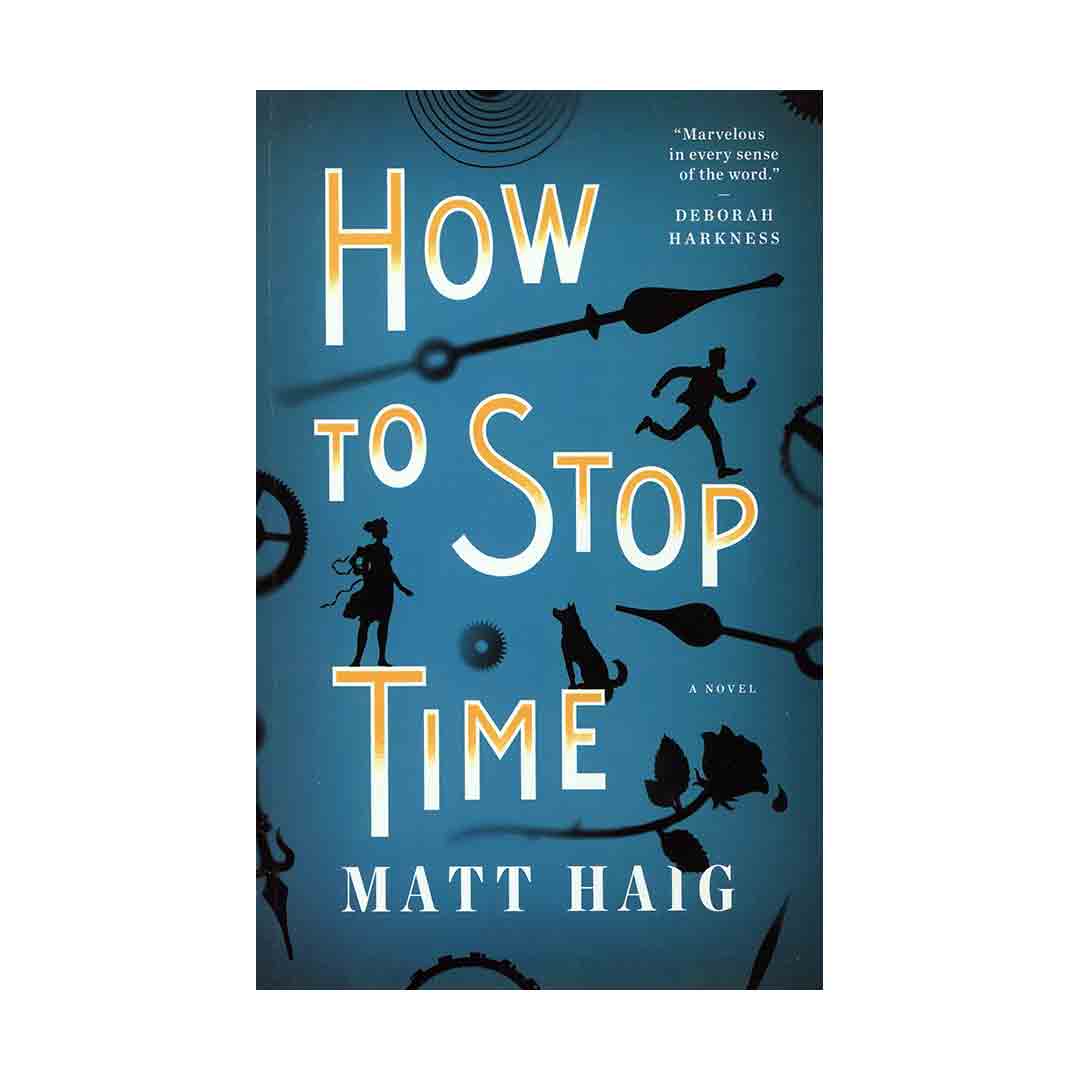




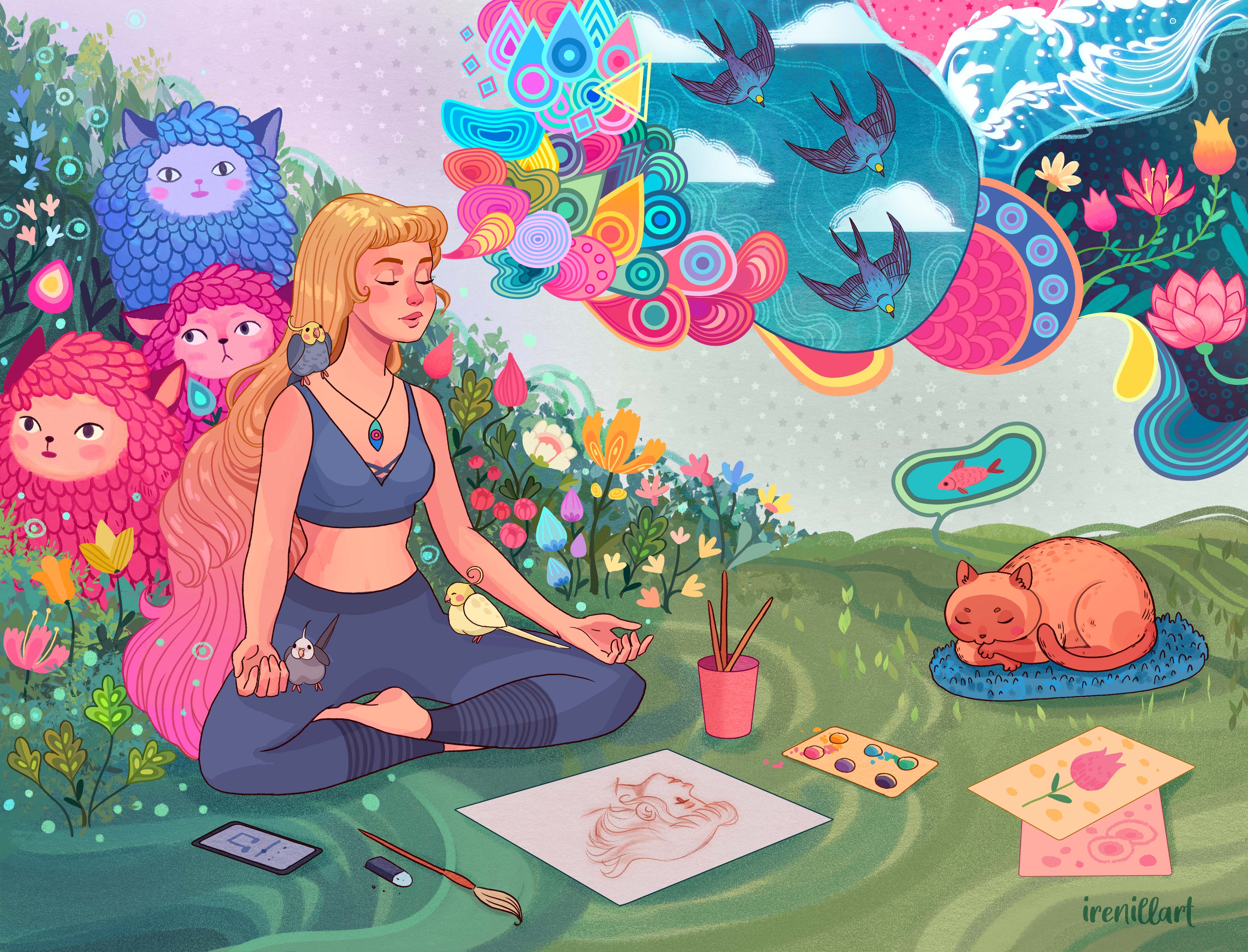
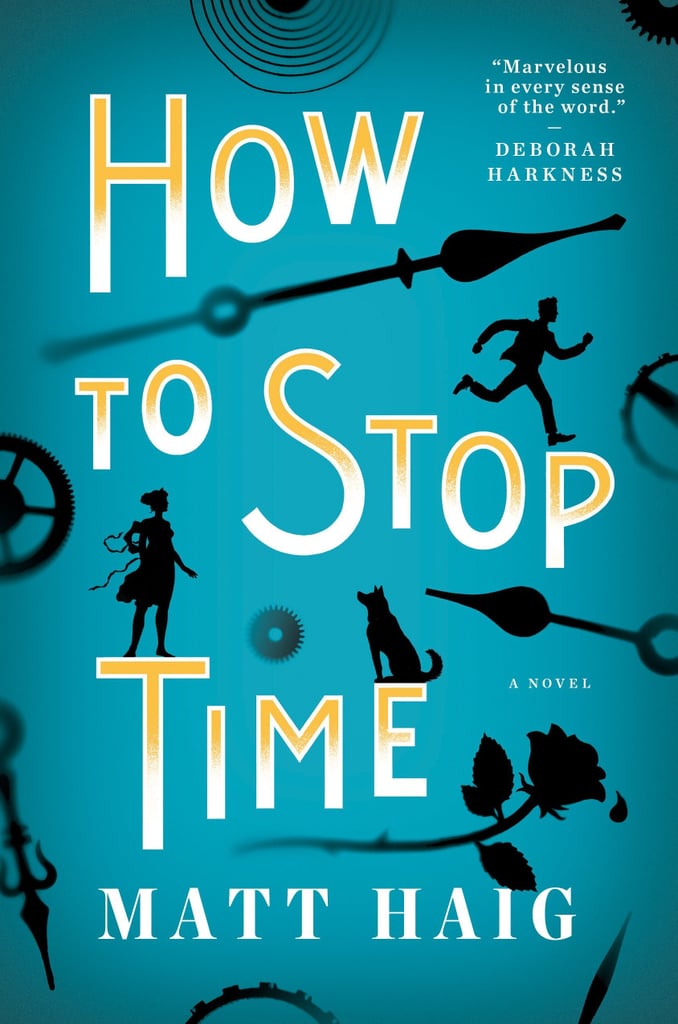


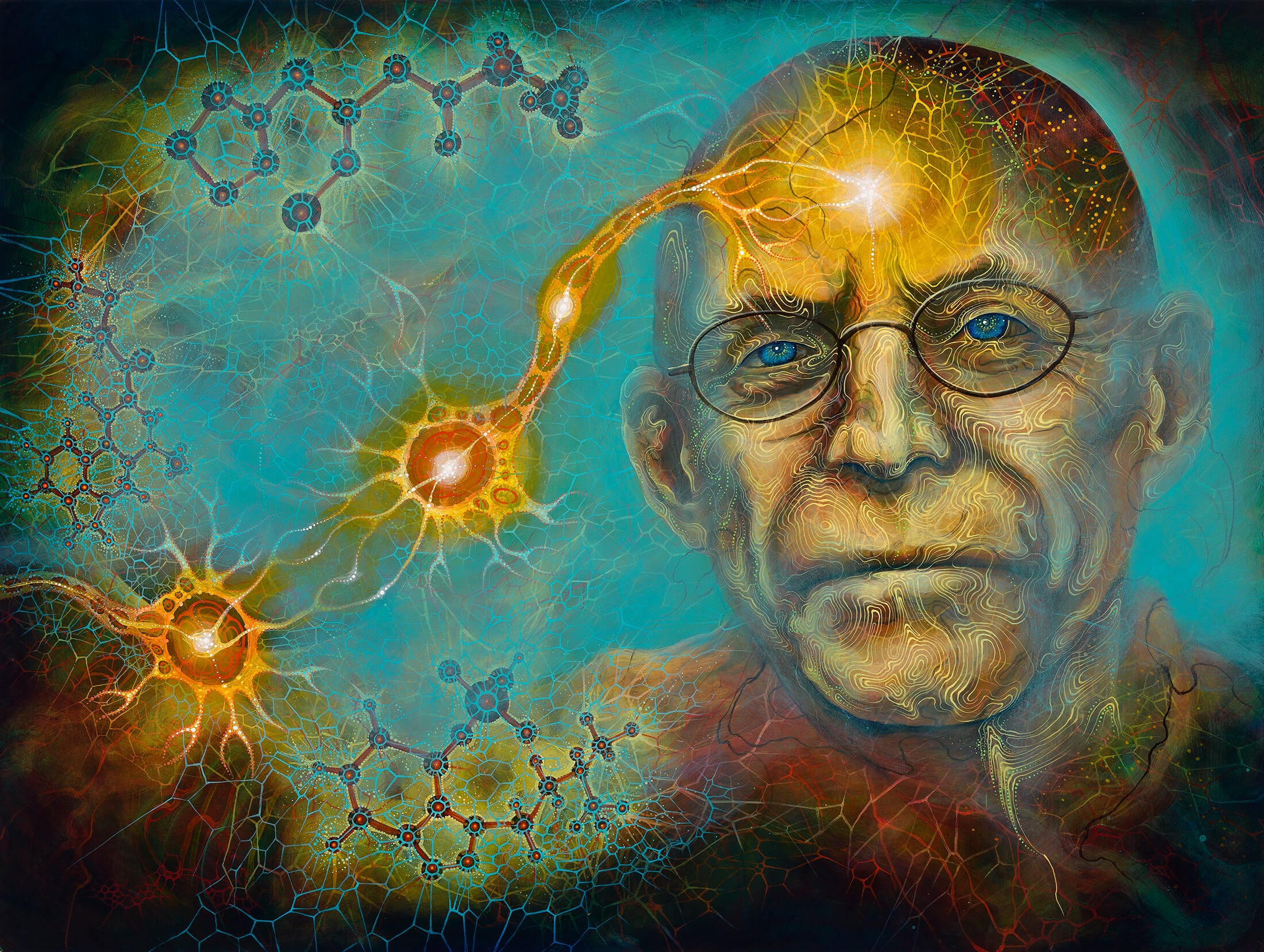
![How To Stop Thinking [Infographic] —](https://static1.squarespace.com/static/543d370ee4b0dc74d0f2af1f/t/594a3a25893fc0100308045d/1498036805233/infographic+stop+thinking+calm+your+mind+meditation)



